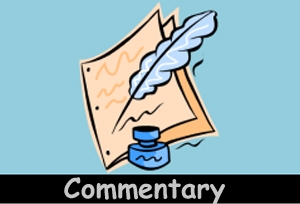
During his brief visit John Kerry, the US Special Presidential Envoy for Climate, praised the Prime Minister’s “extraordinary active generosity” but thought it very expensive for the people of Bangladesh. He must have kept in mind the waste of public money on highly expensive mega-projects when money is helping the people. Our members of the public are starving for money but for some people becoming millionaires was never so easy. The Covid pandemic has brought a huge problem of unemployment and the economic hardship makes us ill-equipped to deal with the human crisis. Whatever meagre help is provided there is uncertainty it is reaching the right people. Corruption is so overbearing that human considerations have hardly any place.
The marginalised and vulnerable people of the country are facing greater challenges to their lives and livelihoods during the second wave of the Covid-19 pandemic. Financial hardships resulting from the novel virus have forced around 81 per cent of households to cut down food expenses. The Citizen’s Platform for LDGs, Bangladesh revealed this information at a webinar on Thursday after conducting a survey of about 1,600 households in February across the country.
The study covered 10 marginalised groups, including households from char, haor and coastal areas, slums, dalits, indigenous people, persons with disabilities, migrants, micro, small and medium enterprises.
It found some 47.2 per cent of households reduced the number of protein items and 37.7 per cent cut down on the number of items in meals. They include 75 per cent in chars, 71 per cent in haors, 86 per cent in coastal areas, 87.3 per cent in slums, 67 per cent among dalits, 67.7 per cent among indigenous people and 63.4 per cent among migrants.
Experts have said that though the government had distributed incentives and relief during the lockdown period last year, those were insufficient. There was even mismatching at the distribution level. This time a large number of households are likely to fall in debt trap and lose their savings. The current surge and the subsequent restrictions are likely to pose new challenges for the recovery of the marginalised groups. They will need support to meet their recurrent expenditures; loan repayment and business restart investment. So, there is a need for medium-term (at least three years) public policy support to these groups.
The survey data showed an average decline in monthly savings of households to 64.6 per cent. At least one member lost job or had to shut down business in 70.3 per cent households and 68.2 per cent rejoined works later. Besides, 47.9 per cent of households took loans to tackle the corona crisis from different sources. Of them, 56 per cent loans were received from NGOs, 24.2 per cent from moneylenders and 3.4 per cent from banks.
The government should fully utilise the policy instruments at its disposal to support the distressed marginalised groups including small entrepreneurs through cash transfer, food assistance, credit on easy terms, and targeted public works programme. Most important of all, help for the needy ones must be distributed not through political henchmen but under the supervision of Deputy Commissioners.

